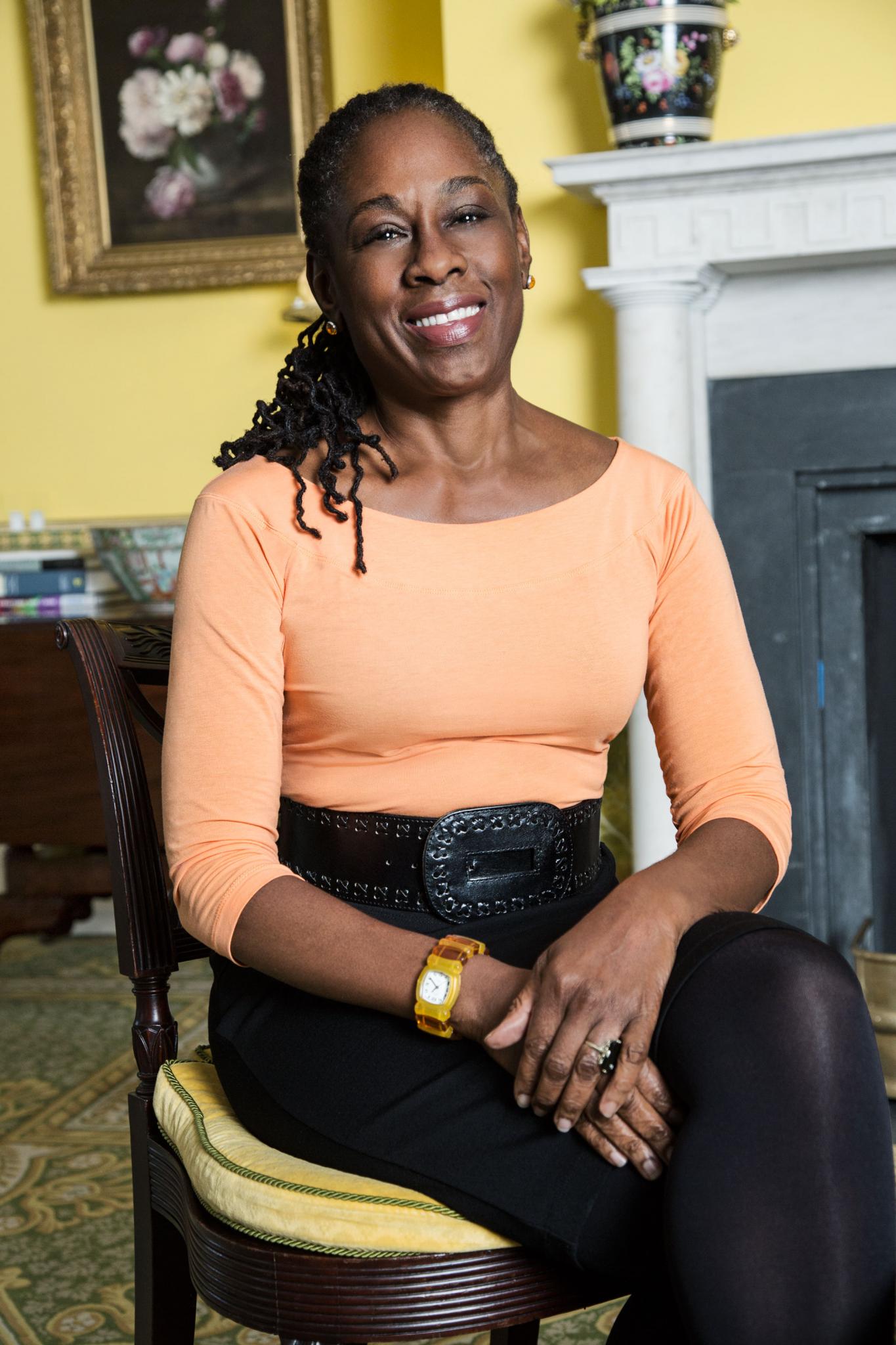
Long before her life in the public spotlight as New York City’s first lady, Chirlane McCray witnessed firsthand the impact that mental health issues could have on individuals, families and communities.
“Both of my parents suffered from depression,” says McCray, 61, a Wellesley educated writer, advocate and mother of two. “Over the years, so many people I know and many people that I love—including my daughter—have been affected by mental illness. It’s often so hush hush, but we have to overcome the stigma and talk about it.”
After her husband, Bill de Blasio, took office as mayor of America’s largest metropolis in 2014, McCray sought to use her elevated platform to bring more resources and attention to mental health.
The National Alliance on Mental Illness estimates that 1 in 5 Americans –about 43 million adults—has a diagnosable mental health condition.
People of African descent are reportedly 40 percent less likely than those of European ancestry to have received mental health treatment or counseling.
“We are facing a mental health crisis in this country,” she said.
In November 2015, ThriveNYC, was born. It’s a comprehensive plan that aims to change the culture around mental health, and reform the way the municipality and its partners deliver services.
The city has announced it will launch a Mental Health Service Corps, which sends hundreds of physicians and social workers where they are needed most, including primary care clinics.
Meanwhile, officials are working to ensure that each of the city’s 1,700 public schools (where 1.1 million children are enrolled)—has a mental health consultant or clinic by the end of this year. At least 1,000 houses of worship have committed to incorporating mental health in their ministries. Public service ads have appeared on social media, in subways, etc. to bolster the ongoing efforts.
Buoyed by that momentum, McCray is now on a mission to promote the importance of mental health across America. She is pushing for a coordinated, national advocacy movement.
“I believe a holistic approach to mental health is a public health and policy issue,” she said during a recent sit-down with ESSENCE in Washington, D.C.
McCray was in the nation’s capital to address the annual legislative conference of the Congressional Black Caucus Foundation, and the Congressional Hispanic Caucus Institute.
While in town, she was among six honorees—including Congresswoman Joyce Beatty of Ohio and ESSENCE president, Michelle M. Ebanks—to receive awards from The Black Women’s Agenda, Inc., a nonprofit that promotes the well-being of African-American women and their families.
McCray is no stranger to Capitol Hill, having made two prior visits in order to lobby Congress. She’s pleased that lawmakers are considering two promising pieces of mental health legislation, and have passed a landmark addiction bill that addresses the national opioid epidemic.
“Still, we want more funding devoted exclusively to mental health services.”
Her advocacy work is gaining attention with policy influencers. Earlier this year, McCray was invited to speak at the U.S. Conference of Mayors about ThriveNYC, and what other cities can do to help advance mental health for their populations.
“I’ve met one-on-one with several mayors to share information and best practices so that they might adopt initiatives in their own cities,” she said. “We’re also very excited that Secretary Hillary Clinton recently released a mental health policy agenda,” which McCray notes reflects some of the principles being utilized in the city of New York.
Beyond the broader implications of addressing mental health, her passionate crusade has a personal element.
Asked how her daughter, Chiara, is doing, McCray visibly beams with pride. “She’s 21 now and doing well. She recently graduated from college.”
McCray hopes other families will feel more comfortable sharing their stories. “Let’s start talking–leaders, clergy and clinicians. Mental illness can be treated.”
For more info: nyc.gov/thrivenyc.